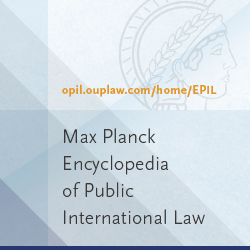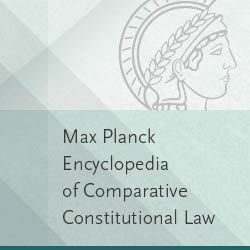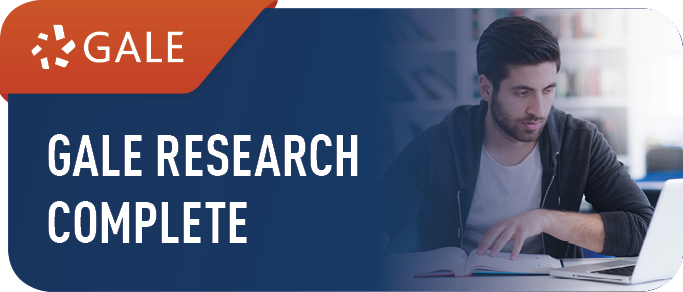Wir freuen uns, Ihnen mitteilen zu können, dass das Angebot der Nationalbibliothek für den Zugriff auf digitale Tageszeitungen ab sofort um zusätzliche deutschsprachige Titel erweitert ist.
Die Datenbank GENIOS eBib Presse bietet ein in seiner Zusammensetzung einzigartiges Portfolio aus über 420 Titeln der hauptsächlich deutschsprachigen Tages- und Wochenpresse. Neben den tagesaktuellen Inhalten sind auch umfangreiche Archivbestände der Titel enthalten. Diese reichen vielfach bis Anfang der 1990er Jahre zurück, bei einigen sogar bis in die 1940er Jahre. Das Angebot wird durch eine Auswahl internationaler Titel sowie Meldungen nationaler und internationaler Nachrichtenagenturen ergänzt.
Zusätzlich zu lokalen Titeln der Region wie dem Luxemburger Tageblatt, dem Trierischen Volksfreund oder der Saarbrücker Zeitung, bietet die GENIOS eBib Zugriff auf die Print- und Online-Ausgaben von Titeln wie Der Spiegel, Die Zeit, Süddeutsche Zeitung, taz, Le Monde Diplomatique (DE), Focus, Die Welt und vielen mehr.
Für viele Titel ist ebenfalls die ePaper-Ausgabe als PDF zum Download (teils nur seitenweise!) verfügbar.

Um die Inhalte zu nutzen, klicken Sie hier. Alternativ suchen Sie in a-z.lu nach “GENIOS eBib” oder dem gewünschten Presse-Titel. Sobald Sie sich mit Ihrer Bibliothekskarte eingeloggt haben, können Sie entweder direkt auf eines der Logos klicken oder wählen Sie im Menü links den Punkt “Presse”.
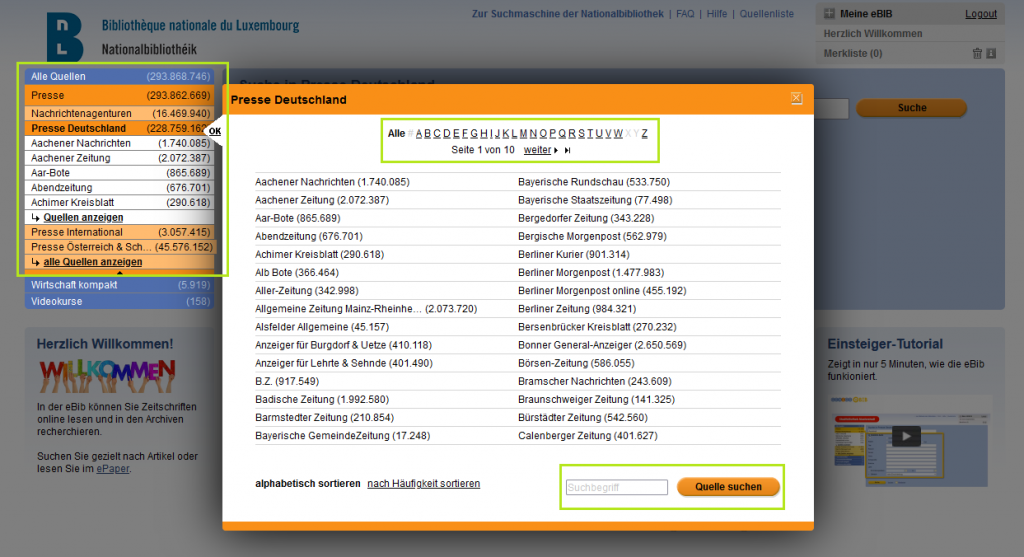
In den meisten Fällen gelangen Sie direkt auf das Inhaltsverzeichnis der aktuellen Ausgabe, von dem aus Sie die einzelnen Artikel wählen oder Ausgaben aus dem Archiv auswählen können.
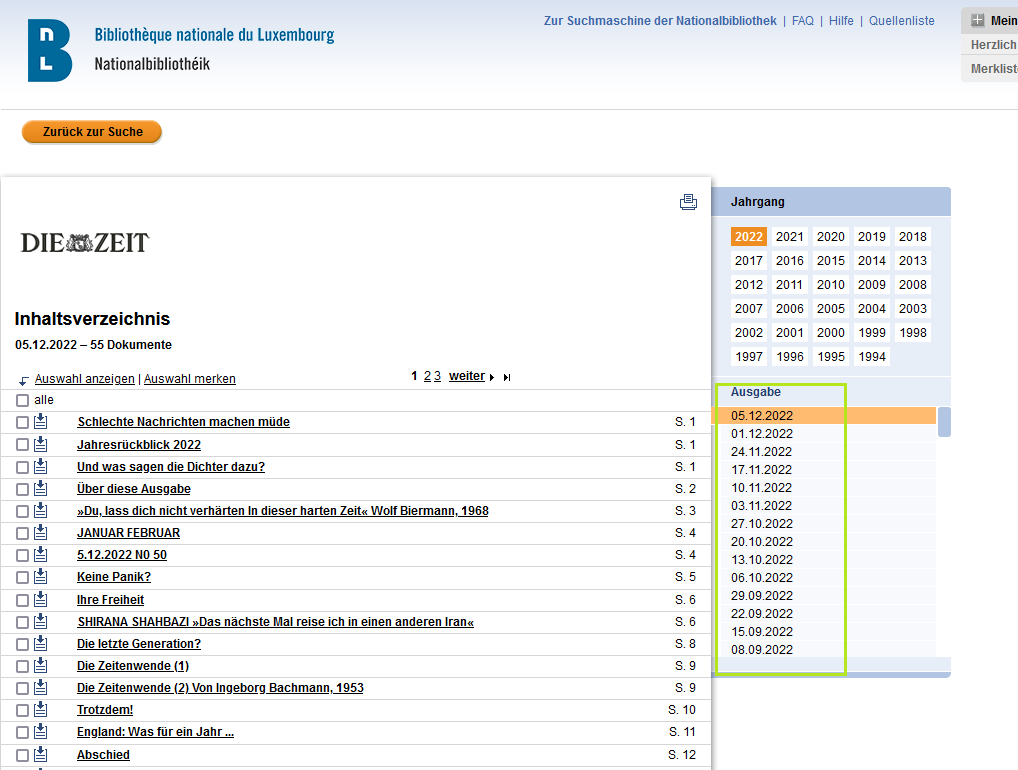
Alternativ können Sie auf der Startseite jederzeit nach Artikeln über alle Quellen hinweg suchen.
Zusätzliche Tipps finden Sie im Einsteiger-Tutorial und im Menü “Hilfe” ganz oben auf der Seite.
GENIOS eBib ist von überall und jederzeit verfügbar für alle Inhaber einer Leserkarte der Nationalbibliothek.
Entdecken Sie ebenfalls unser Angebot für internationale und französischsprachige Presse:
PressReader: internationale Presse und Magazine
Europresse: Französischsprachige Presse und Magazine
F.A.Z. Biblionet – das Portal der Frankfurter Allgemeinen Zeitung
ProQuest One Business – Internationale Wirtschaftspresse (u.a. Wall Street Journal, Financial Times, The Economist)
Luxemburger Wort, Tageblatt, reporter.lu, Le Quotidien – erreichbar nur im Lesesaal der BnL


